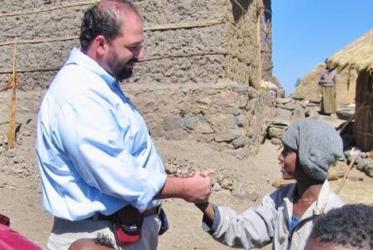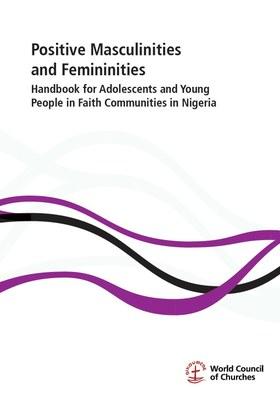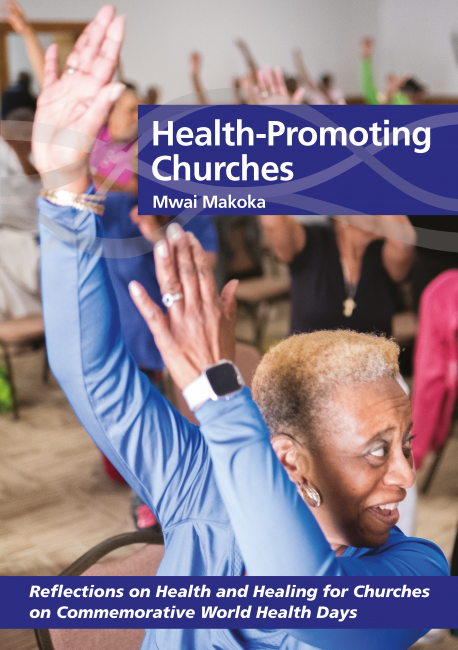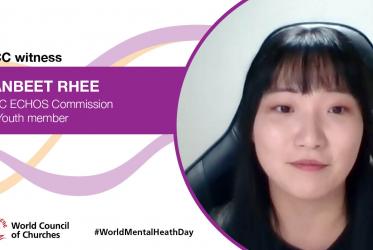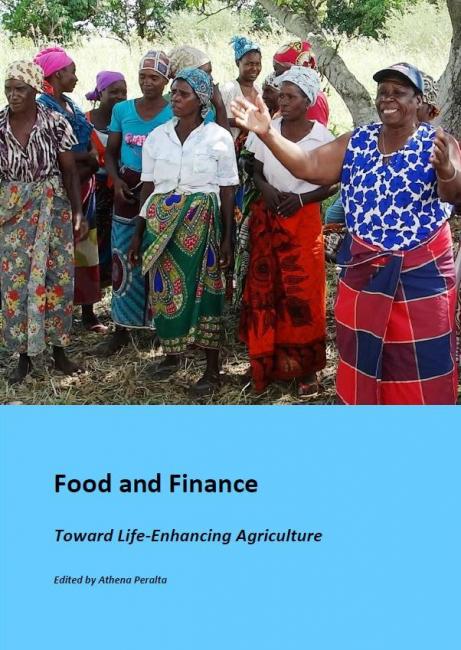Displaying 121 - 133 of 133
Ecumenical Global Health COVID-19 Response Framework
12 November 2020
Positive Masculinities and Femininities
Handbook for Adolescents and Young People in Faith Communities in Nigeria
19 October 2020
Health-Promoting Churches Vol 1
Reflections on Health and Healing for Churches on Commemorative World Health Days
15 October 2020
On World Mental Health Day, “expect your colorful life”
12 October 2020



